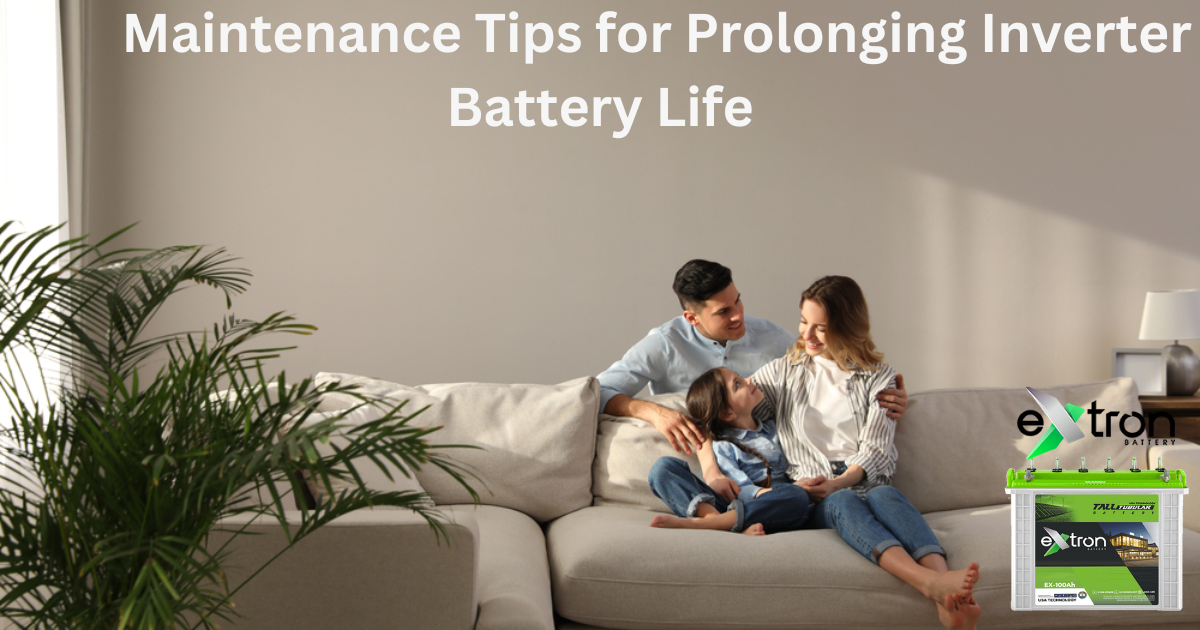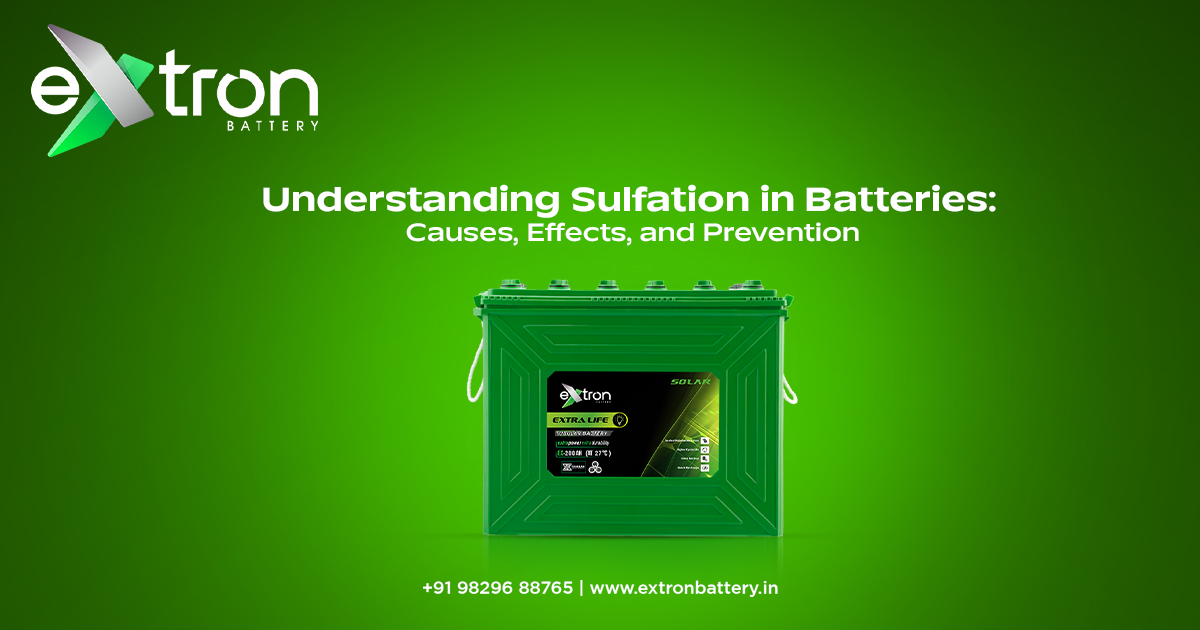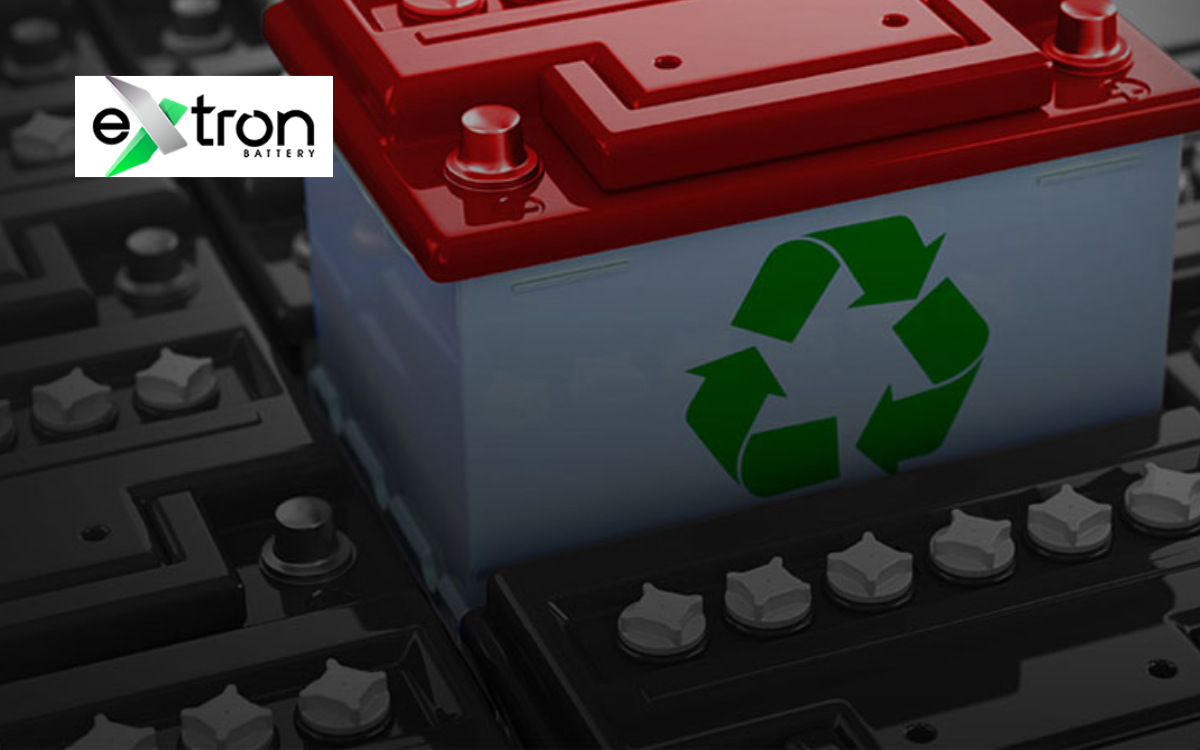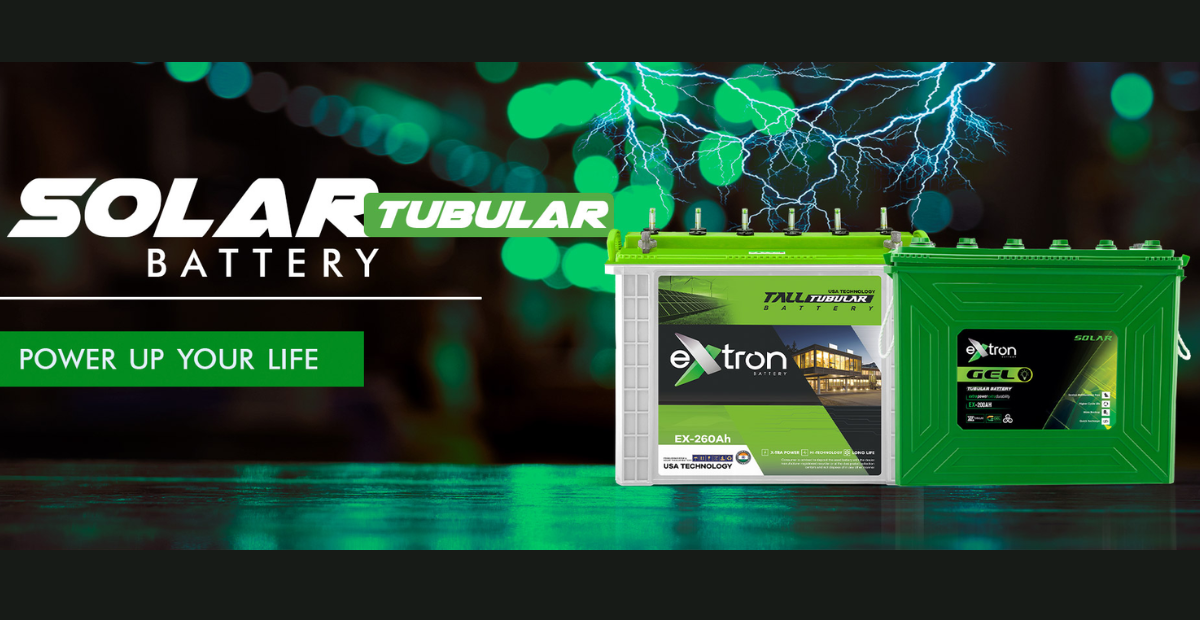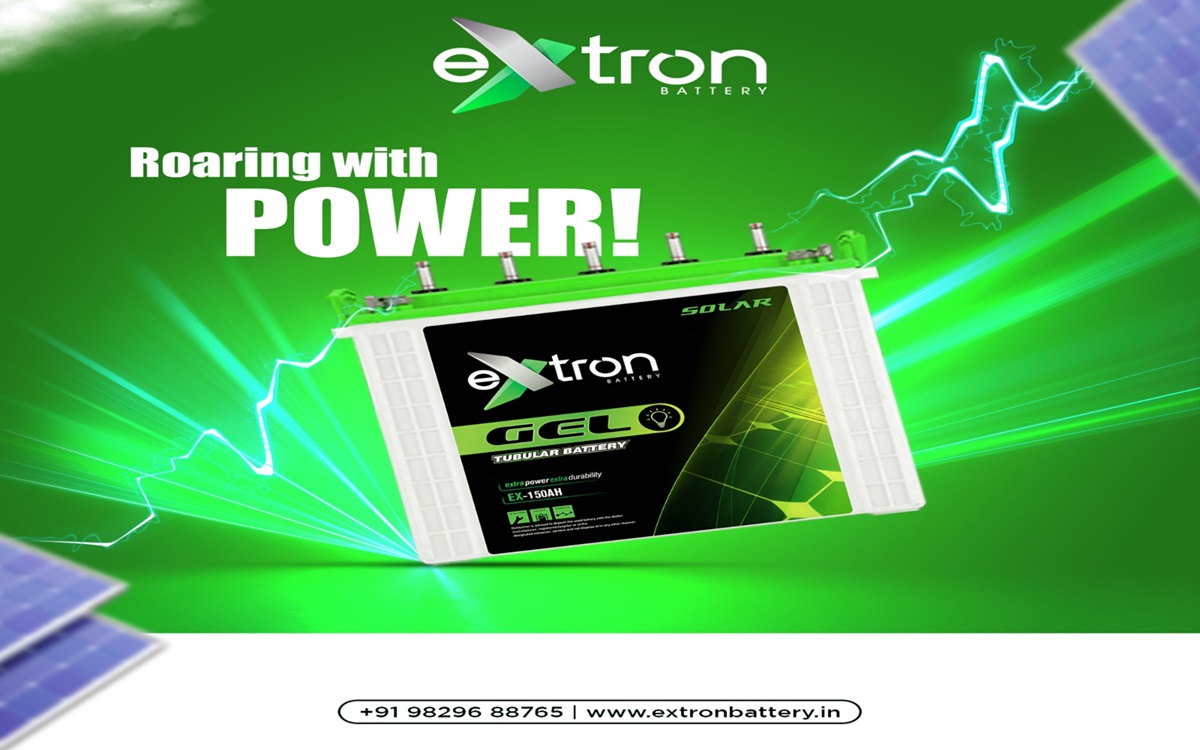Nigeria’s energy sector has witnessed significant transformations over the years, with a growing demand for reliable power solutions. As electricity supply remains inconsistent, businesses and households are turning to alternative energy sources. Among these, inverter batteries have emerged as a crucial component in ensuring uninterrupted power. This shift has fueled the rapid expansion of inverter battery manufacturers in Nigeria, creating opportunities for investment and economic growth.
The Rising Demand for Inverter Batteries
Frequent power outages have made it necessary for Nigerians to seek backup power solutions. Traditional generators, once the go-to option, are becoming less popular due to high fuel costs and environmental concerns. Inverter batteries, on the other hand, offer a more sustainable and cost-effective alternative. This has led to an increased demand for reliable energy storage solutions, driving the growth of inverter battery manufacturers in Nigeria.
With advancements in technology, inverter batteries have become more efficient and durable. Consumers now prioritize quality and longevity when selecting a power backup system. This demand has encouraged local manufacturers to improve their production processes, ensuring they meet international standards while catering to the unique energy needs of the Nigerian market.
Key Players in Nigeria’s Inverter Battery Industry
Several inverter battery manufacturers in Nigeria have established themselves as major players in the industry. Companies like Extron, among others, have been instrumental in providing high-quality batteries designed to withstand the country’s power challenges. These manufacturers focus on innovation, affordability, and reliability, making inverter batteries accessible to a wider consumer base.
The presence of local manufacturers has also reduced dependency on imported batteries, leading to competitive pricing and increased availability. Additionally, Nigerian manufacturers are investing in research and development to create batteries with improved energy efficiency and longer lifespan, further boosting consumer confidence in locally produced products.
Investment Opportunities in the Inverter Battery Industry
The expansion of the inverter battery sector presents lucrative investment opportunities. With the Nigerian government encouraging local production and renewable energy solutions, the industry is poised for further growth. Investors looking to enter this space can explore various aspects, including:
- Manufacturing and Distribution: Setting up production plants to meet the growing demand for inverter batteries.
- Renewable Energy Integration: Developing hybrid systems that combine solar power with inverter batteries.
- Retail and Wholesale Supply: Establishing a supply chain for the distribution of locally manufactured batteries.
As the market continues to grow, investors can capitalize on the need for innovative energy solutions. Partnering with established inverter battery manufacturers in Nigeria or launching new production facilities can yield significant returns.
The Future of Nigeria’s Inverter Battery Industry
The future of the industry looks promising, with increased adoption of inverter batteries across various sectors. Businesses, hospitals, educational institutions, and households are all recognizing the benefits of reliable power storage. As more inverter battery manufacturers in Nigeria enter the market, competition will drive technological advancements and cost reductions, making energy storage solutions even more accessible.
Furthermore, the government’s push for renewable energy initiatives will likely boost local manufacturing efforts. Policies that support sustainable energy solutions, tax incentives for manufacturers, and investments in infrastructure will further strengthen the industry’s growth.
Conclusion
Nigeria’s inverter battery industry is experiencing rapid expansion due to the rising need for reliable power solutions. With local manufacturers stepping up to meet demand, the market is becoming more competitive and innovative. Investing in this sector offers immense potential, as the demand for alternative energy sources continues to grow. Inverter battery manufacturers in Nigeria are playing a crucial role in shaping the country’s energy future, making it an attractive industry for investors and consumers alike.
Power Up with Extron: Your Trusted Partner in Inverter Batteries
Looking for reliable energy storage solutions in Nigeria? Extron delivers high-performance inverter batteries designed for durability and efficiency. Stay ahead in the evolving energy landscape with Extron’s innovative technology. Invest in power that lasts—choose Extron today!


